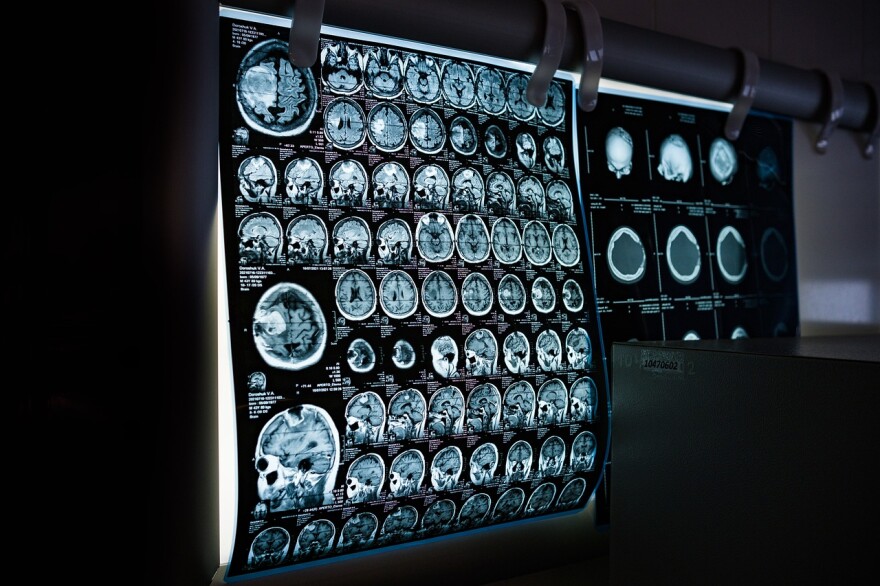As modern medicine continues to advance, officials said the first new medications for dementia and Alzheimer’s have been rolled out, and they’re working.
Doctor Kristine Yaffe is Director of Center of Population Brain Health of the University of California San Francisco. Yaffe said previous drugs used to treat these patients didn’t get to the heart of the issue.
“It’s like if you have an infection and you take Tylenol or Advil for the fever. It helps it helps you feel better, but you are not really getting at the infection. So, we think with these new drugs we are actually getting at the source of the issue,” said Yaffe.
She explained that dementia is related to abnormal proteins that build up in the brain and cause a cascade of negative effects, including neurons dying. She said the new drugs target and prevent the buildup of these proteins.
So far, she said the drugs have not halted the disease or reversed its effects, but they have slowed it down significantly and give hope to further studies. Medicare does cover the costs of the new drug.
However, Yaffe said drugs are not they only way to combat dementia and Alzheimer’s.
“We think that there’s about, oh, maybe 10 to 14 things that increase your risk of developing dementia and Alzheimer’s, that you can do something about. In fact, we think that maybe 40 to 50 percent of the risk can be modified or slowed down by paying attention to these things,” said Yaffe.
She said people should practice a healthy lifestyle, assure proper rest, maintain sensory function, avoid brain injury, and address any illness or virus in a timely manner. She said the herpes family of viruses stick around in the nervous system after the initial infections and get reactivated later in life. When reactivated they tend to target the brain.
She said data shows things like the shingles vaccine reduce the chance of Alzheimer’s or other forms of dementia.

